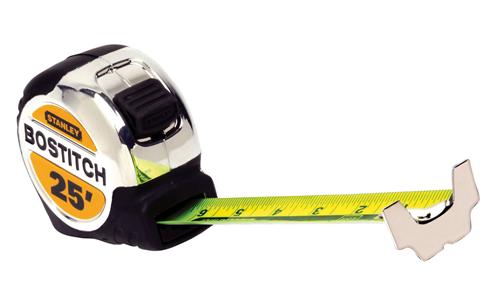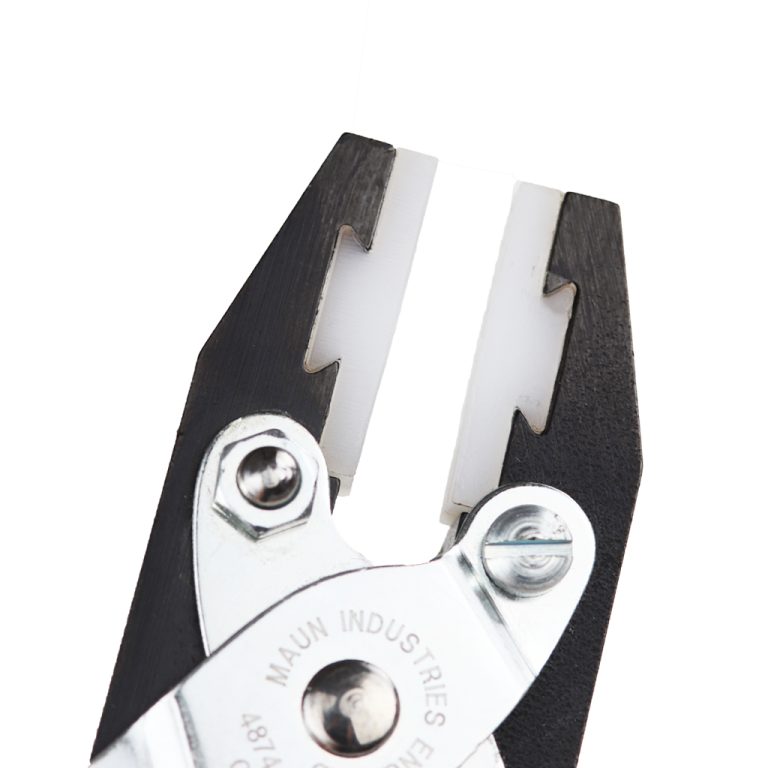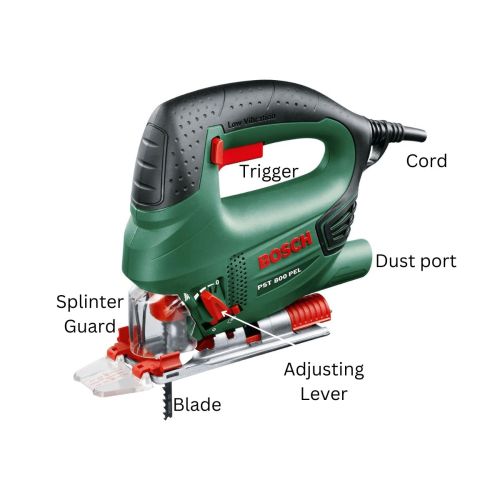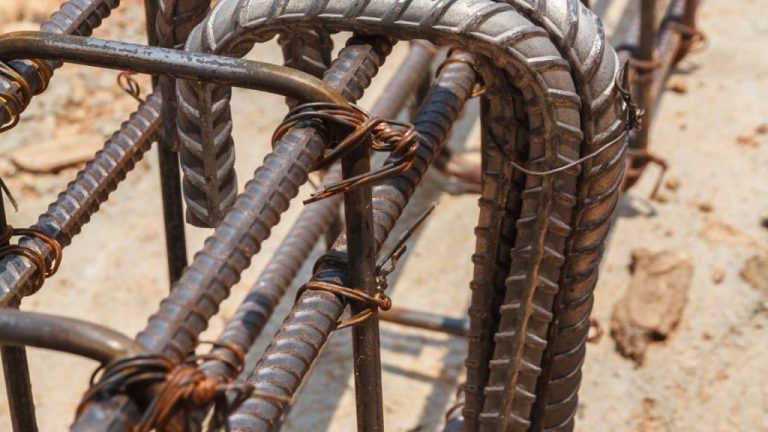The Multi-Functionality of the Trowel: From Gardening to Construction
A trowel is one of the most essential tools in various fields, particularly in construction, masonry, and gardening. Known for its ability to shape, spread, and smooth materials such as mortar, soil, and concrete, this tool is a must-have for projects that require a high level of precision. Whether you are planting flowers in your garden or laying bricks for a new wall, the trowel makes the task easier and more efficient. Its role extends to more technical applications, like geosynthetic installations, where it aids in drainage systems using geonets.
What types of trowels are commonly used?

The trowel comes in different types, each serving a specific purpose:
- Brick Trowel: Primarily used for applying mortar in bricklaying.
- Pointing Trowel: A smaller, more precise tool for filling gaps between masonry joints.
- Garden Trowel: Perfect for small-scale digging and planting tasks in the garden.
- Finishing Trowel: Designed for giving concrete surfaces a smooth finish.
Each type is built to perform specific tasks with accuracy, making them indispensable for both professionals and hobbyists.
How do you use a trowel in masonry work?
In masonry, trowels are used to apply and spread mortar between bricks or stones. Follow these steps:
- Use the trowel to scoop up mortar.
- Apply the mortar onto the surface of the brick.
- Spread it evenly to ensure a smooth layer for bonding.
- After placing the brick, use the trowel to smooth and clean up excess mortar.
This method ensures strong adhesion and a tidy finish, which are essential for stable masonry work.
What should you consider when buying a trowel?
When selecting a trowel, think about these factors:
- Blade Size and Shape: Choose larger blades for spreading materials and smaller blades for precise tasks.
- Handle Comfort: A comfortable grip reduces hand strain during extended use.
- Durability of Materials: Stainless steel resists rust, while carbon steel offers greater strength but requires more care.
Can trowels be used in geosynthetic installations?
Absolutely. Trowels are valuable in installing geonets for drainage systems. They help to:
- Prepare the soil surface before laying the geonet.
- Create trenches to embed the geonet.
- Compact the surrounding materials to ensure stability.
This demonstrates how the trowel’s versatility extends beyond traditional tasks to more advanced projects.
In conclusion, whether you’re gardening, building walls, or working on erosion control, the trowel is an indispensable tool that ensures precision and efficiency in any task.




